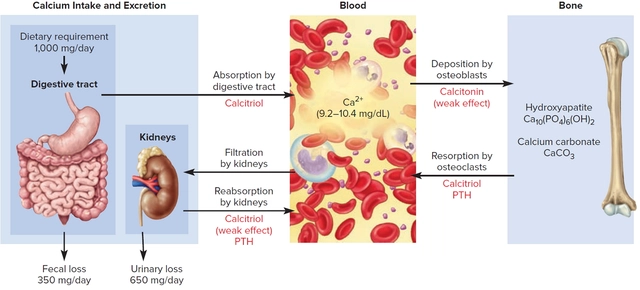Iverheal: What It Is, How It Works, and What You Need to Know
When you hear Iverheal, a generic version of the antiparasitic drug ivermectin used to treat infections caused by worms and mites. Also known as ivermectin, it’s one of the most widely used medications for parasitic diseases around the world, especially in areas with limited access to healthcare. Iverheal doesn’t just kill parasites—it stops them from feeding and reproducing, making it effective against everything from head lice to river blindness. It’s not an antibiotic or a painkiller. It’s a targeted tool for specific infections, and knowing when to use it—and when not to—is critical.
Iverheal is part of a larger family of antiparasitic drugs, and it’s often compared to other forms of ivermectin like Stromectol or Soolantra. But what sets Iverheal apart is its affordability and accessibility, especially for people buying it online. It’s not just about cost, though. Many users turn to Iverheal because it’s the only option they can get without a long wait or high price tag. It’s used for scabies, strongyloidiasis, onchocerciasis, and even certain types of intestinal worms. The dose depends on the infection, the patient’s weight, and sometimes local guidelines. It’s not a one-size-fits-all drug, and self-medicating can be risky.
There’s a lot of confusion online about Iverheal and its use for viral infections like COVID-19. The truth? Major health agencies like the WHO and FDA do not recommend it for viral illnesses. The studies that suggested benefits were flawed or misinterpreted. Iverheal works on parasites, not viruses. Using it for the wrong reason doesn’t help—and it can cause side effects like dizziness, nausea, or even neurological reactions in rare cases. If you’re considering Iverheal, make sure you’re treating the right condition. Talk to a doctor, check your diagnosis, and don’t rely on social media advice.
People who use Iverheal successfully often do so because they understand its limits. It’s not a miracle cure. It’s not a daily supplement. It’s a precise treatment for specific parasitic threats. That’s why the posts below cover real-world cases: how someone treated scabies with Iverheal after other options failed, how a traveler used it for intestinal worms after returning from a rural area, and why some people avoid it due to side effects or interactions with other meds. You’ll also find comparisons with other antiparasitic drugs, tips on buying it safely online, and advice on what to expect after taking it.
Whether you’re looking for relief from a persistent skin rash, a worm infection, or just want to understand why Iverheal keeps popping up in health discussions, this collection gives you the facts—not the hype. No fluff. No speculation. Just what works, what doesn’t, and what you need to know before you take it.
 26 October 2025
26 October 2025
Iverheal (Ivermectin) vs Top Antiparasitic Alternatives - Detailed Comparison
A clear, side‑by‑side comparison of Iverheal (ivermectin) and its main alternatives, covering how they work, safety, cost, and when to choose each option.





12